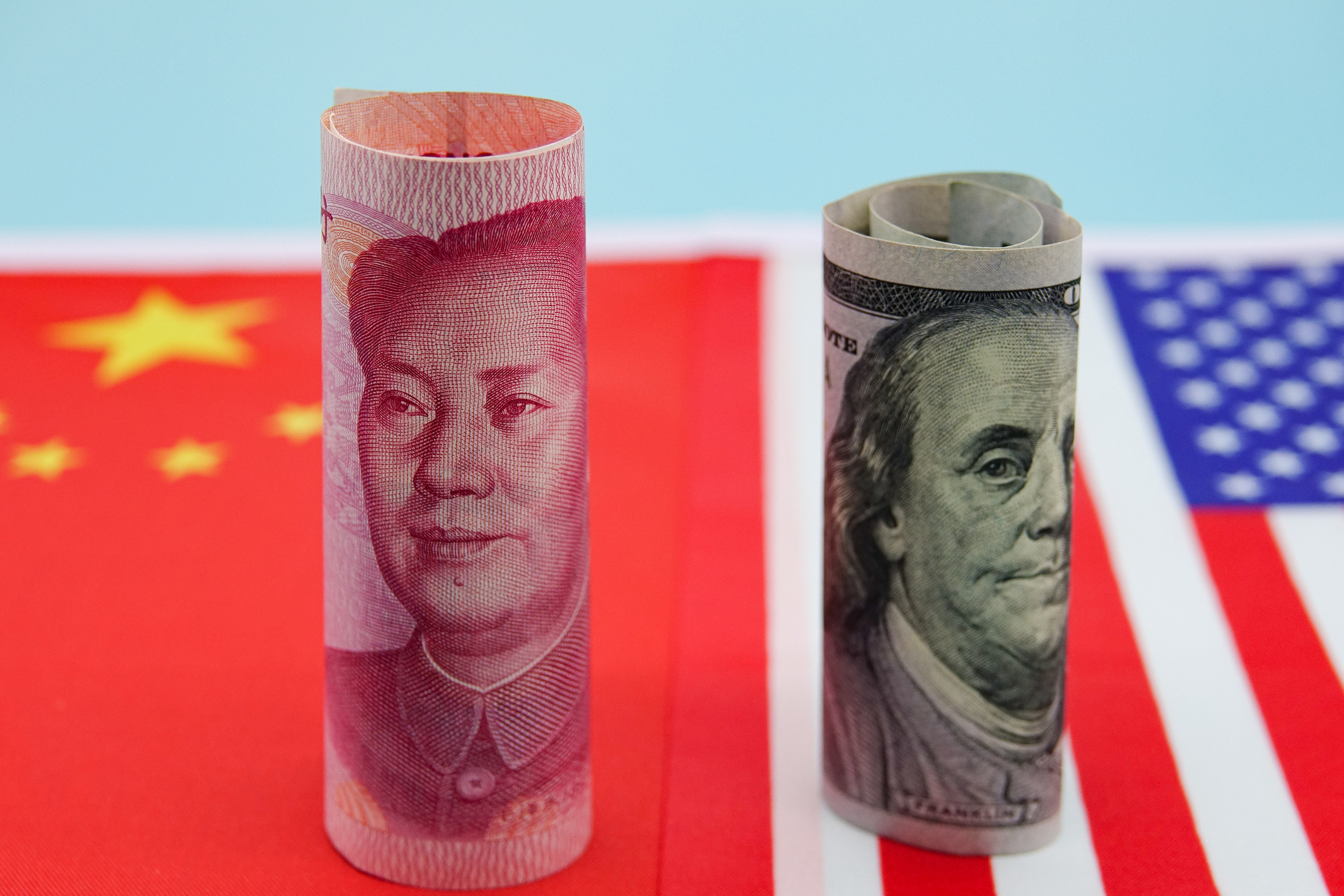We are past the point where we can decouple economically from China.
Getting Serious Against China

What if they declared a trade war, and only one side showed up?
There are two types of people in the dispute over America’s posture on trade, particularly as it relates to China: those who understand the realpolitik of great powers, influenced as they are by the messy and unpredictable forces of global events and hegemonic aspirations, and those who cling to what theories of trade tell us should happen, in deference to the globalized pieties of the early 2000s.
When China ascended to the World Trade Organization in 2001, it was with the hope that the country would, in the words of then-President Bill Clinton, agree “to import one of democracy’s most cherished values, economic freedom.” The ensuing decades, especially after China did everything it could to hide the origins of the COVID-19 global pandemic, have made the Clintonite line definitively untenable. China lies, it cheats, and it steals. Human rights there are a disaster, from the state-run genocide against the Uighur Muslims to the use of the internet as a tool of political surveillance and oppression. New cyber laws in China give the government access to the communications and intellectual property of any company operating inside its borders.
China, moreover, no longer views us as the partner we naïvely hoped they would (or never did). Brookings Institute scholar Rush Doshi makes a convincing case that since at least 2016, China has considered the United States a declining power, and the international order as ripe for reshaping in China’s image. China’s aggressive investment in developing nations and overt manipulation of global institutions are proof enough. Just this month, an essayist in Foreign Policy magazine argued that China is “hardening itself” for economic war with the United States.
But here at home, a bevy of trade economists and idealogues argue against the U.S. responding in kind. They denounced Trump’s trade war as economically unsound—missing the point, as economist Michael Munger notes, that the motivation was less about pure economics than it was about punishment. When you’re in a fight, you want to hurt the other guy worse than he’s hurting you.
The doves are right, of course, that antagonizing China is not without consequence, or without pain. U.S. consumers have spent decades benefiting from the cheap consumer goods that have resulted from U.S. multinationals outsourcing supply chains and embedding their profit margins in Beijing. Untangling from China—undoing the policy choices of the last two decades—will reverberate across markets.
But at least when it comes to vital goods and services, these are necessary costs to pay. When a hostile power has the ability to singlehandedly disrupt global supply chains, restrict foreign access to Beijing-controlled commercial ports, and upend the market of critical minerals and materials, U.S. sovereignty is directly threatened. Our domestic policy priorities become far less about textbook economic theory than they do about the ability to defend our interests from an increasingly powerful and antagonistic geopolitical rival.
It’s a position that is purely pragmatic. A trade war with China is not a rebuke of the free trade theory itself, but rather a realistic response to great power politics being played out in real time. “Free trade,” that is, the ability of nations to engage in the unrestricted transfer of goods, makes nations richer and far more efficient. But the political conditions have to be right—which is why bilateral trade agreements between friendly, values-sharing countries make an inordinate amount of sense, and why multilateral agreements which try to shoe-horn in one-size-fits-all policy agendas across diverse economic and political interests look increasingly naive.
The silver lining of the “China problem” is to make America’s political economy finally reflect the reality of global politics, rather than simply pointing to economic yields with no mention of the context in which they’re taking place. But the U.S. has a limited window to get this right. As China battens down the hatches to engage in a full economic assault, the U.S. can’t even ban TikTok—a Chinese state-run spy app posing as a social media company. We know the Chinese state manipulates the telecom company Huawei for its own espionage purposes, yet there is still ample debate as to whether or not its access should be restricted.
If America is going to get serious about taking on China, we must do three things. First, we need to get comfortable challenging long-held market assumptions about the power of a trading partnership to diminish the antagonism of sovereign interests. Second, our lawmakers must be clear-eyed about China’s abuse of our markets to their own state ends. China’s “private companies” are no such thing, and should be treated as state actors. And third, our financial and multinational elites must be incentivized to come home—and feel the pain of continuing to tangibly aid China’s rise.
This is war, but a war that only one side has fully acknowledged or declared. If we are truly to remain a great power with regard to China, we must pivot our policies to reflect a war footing that China has already adopted.
The American Mind presents a range of perspectives. Views are writers’ own and do not necessarily represent those of The Claremont Institute.
The American Mind is a publication of the Claremont Institute, a non-profit 501(c)(3) organization, dedicated to restoring the principles of the American Founding to their rightful, preeminent authority in our national life. Interested in supporting our work? Gifts to the Claremont Institute are tax-deductible.
Free trade with a hostile nation is a losing game.


